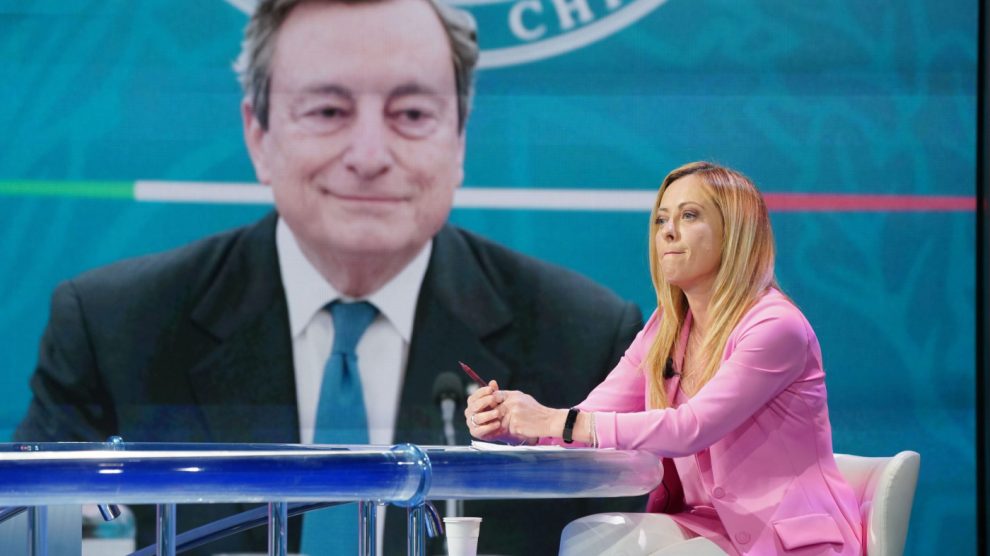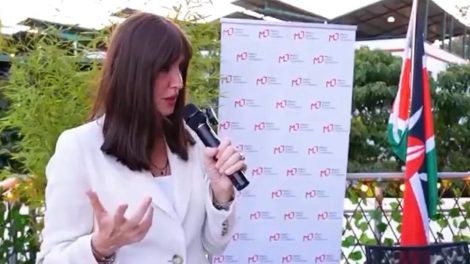Energy on the agenda. As bills continue to rise and the colder months loom, Italian citizens and business owners are increasingly worried and frustrated, with localised protests gaining traction online and offline.
- In all likelihood, the first move of a Giorgia Meloni-led government will be sheltering families and businesses from soaring bills. And both her team and members of the outgoing government have signalled they’re working jointly to quickly address the ballooning crisis.
The Draghi-Meloni axis. Ecological Transition Minister Roberto Cingolani confirmed the ongoing contacts with Ms Meloni’s team on Sunday. “I obviously [kept them] informed about whatever international developments I was dealing with,” he said, adding that he operated – in agreement with outgoing PM Draghi – to “warn those who come after about the direction in which we are going, and for what reasons.”
- The minister also noted that Ms Meloni’s team acknowledges that the direction taken by the outgoing government is the right way to go. “I have a very close and collaborative dialogue. There is little ideology on this.”
What direction? On Friday, the EU’s energy ministers will meet in Prague to discuss energy, chiefly matters of infrastructure and security. Despite the setbacks, Minister Cingolani is confident about incoming changes. “We’ve made progress,” he said; “the hypothesis is to index the gas price by pegging it to exchanges that are a little more stable than the Dutch TTF.”
- That resonates with Ms Meloni’s line. “The priority is to stop gas speculation,” she had said on Saturday; “offsetting the cost of bills indefinitely by giving money to those who are getting rich on the backs of citizens and businesses would be a mistake.”
- She is awaiting the outcome of the price cap proposal to fine-tune her solution, which might encompass another aid decree – without ending up subsidising the market fluctuations.
From words to action. Instead, Ms Meloni plans to take all the steps to increase national energy production and import: adding regasification units to import more LNG, expanding national gas extraction, removing bureaucratic constraints that prevent the full use of renewables.
- She will also have extra money bequeathed by PM Draghi’s fiscal tightness and incoming tax revenue. Estimates range between 10 and 25 billion. Nearly five will go towards tax credits for energy-intensive businesses, and another five will subsidise bonuses for low-income workers and retirees and discount fuel.
- Measures are also set to include protections for insolvent utility customers to avoid them being disconnected from the grid.
Is Italy well-positioned for the winter? Minister Cingolani believes so since the national storage will probably hit 92-93%. “There is not a problem of gas quantity; winter is covered,” he said.
- Still, Gazprom stopped delivering methane on Saturday and subsidised Germany is set to guzzle increasing shares of the volumes coming in from Norway, which replaced Russia as the EU’s main supplier.
- Italy relies on a well-diversified supply from the MENA area. Still, the cut of Northern fluxes paired with a colder-than-average winter might dry out national storages by springtime – making it harder and costlier to refill come the following cold season.





